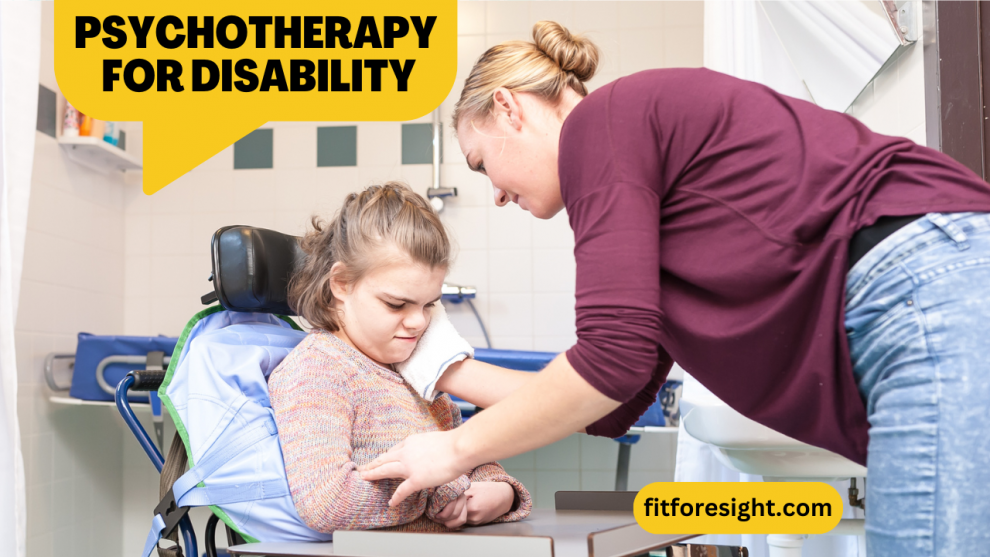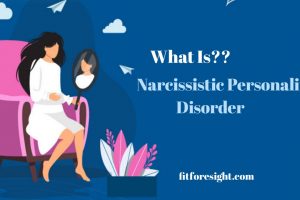Psychotherapy can be a beneficial treatment option for people living with disability. Some of the benefits include:
Improved Mental Health
Psychotherapy can help people with disabilities manage their mental health issues, such as depression, anxiety, and PTSD. It can provide a safe and supportive environment for individuals to discuss their feelings and develop coping mechanisms.
Enhanced Coping Mechanisms
Psychotherapy can help people with disabilities develop effective coping mechanisms to deal with the challenges they face in their daily lives. It can provide individuals with the tools and skills they need to manage their emotions and cope with stress.
Increased Self-Esteem and Confidence
Psychotherapy can help people with disabilities improve their self-esteem and confidence. It can provide individuals with a safe space to explore their strengths and accomplishments, and develop a positive self-image.
Better Relationships with Others
Psychotherapy can help people with disabilities improve their relationships with others. It can provide individuals with the skills they need to communicate effectively and build healthy relationships.
Improved Quality of Life
Psychotherapy can help people with disabilities improve their overall quality of life. It can provide individuals with the tools and skills they need to manage their mental health issues, cope with stress, and improve their relationships with others.
Challenges of Psychotherapy for People with Disabilities
Psychotherapy can be challenging for people with disabilities due to several reasons. Here are some of the challenges that people with disabilities may face during psychotherapy:
Accessibility
Accessibility is a significant challenge for people with disabilities when it comes to accessing psychotherapy. Many therapists’ offices may not be wheelchair accessible, making it difficult for clients with physical disabilities to access the care they need. Additionally, people with disabilities may face transportation barriers that make it difficult to travel to appointments.
Communication Barriers
People with disabilities may also face communication barriers during psychotherapy sessions. For example, people with hearing impairments may struggle to communicate with therapists who do not use sign language. Similarly, people with speech impairments may have difficulty communicating their thoughts and feelings to therapists who do not understand their communication style.
Stigma and Discrimination
Stigma and discrimination can also pose a challenge for people with disabilities during psychotherapy. Some therapists may hold negative attitudes or stereotypes about people with disabilities, which can impact the quality of care they provide. Additionally, people with disabilities may face discrimination from healthcare providers or insurance companies, making it difficult to access the care they need.
Lack of Disability-specific Training
Many therapists do not have specific training in working with people with disabilities, which can lead to a lack of understanding of the unique challenges that people with disabilities may face. This can impact the effectiveness of psychotherapy for people with disabilities and may result in a lack of understanding and empathy from the therapist.
In conclusion, there are several challenges that people with disabilities may face when accessing psychotherapy. These challenges include accessibility, communication barriers, stigma and discrimination, and a lack of disability-specific training among therapists. Addressing these challenges is crucial to ensure that people with disabilities can access the care they need to manage their mental health effectively.
Finding a suitable therapist can be a challenging task, especially for people with disabilities. Here are some tips for finding a therapist that meets the unique needs of people with disabilities.
Experience with Disability Issues
It is essential to find a therapist who has experience working with people with disabilities. A therapist who understands the unique challenges of living with a disability can provide better care and support.
Communication and Interpersonal Skills
Good communication and interpersonal skills are critical for a therapist working with people with disabilities. The therapist should be patient, empathetic, and willing to listen to the client’s needs and concerns. They should also be able to communicate in a way that the client can understand and feel comfortable with.
Additional Considerations
Other factors to consider when choosing a therapist for people with disabilities include the therapist’s specialty, insurance coverage, and cost. It is also important to ensure that the therapist follows ethical standards and has a valid license.
In conclusion, finding a therapist who understands the unique needs and challenges of people with disabilities is crucial for effective psychotherapy. By considering factors like accessibility, experience with disability issues, and good communication and interpersonal skills, people with disabilities can find a therapist who can provide the support and care they need to manage their mental health.



























Предложения по снижению цены интернет на дачу
лучший интернет для дачи http://internetnadachu.su/.
very informative site . Thanku
Thank you So much 🙂
Beautiful Bali Waterfront Villas for Sale
Find Your Dream Home – Bali Villas for Sale
Unlock Huge Wins with Sahabet’s Revolutionizing Online Betting
Гарантия безопасности при бурении скважин
Latest on Artificial Intelligence
Learn Faster With Tutorials and Tips